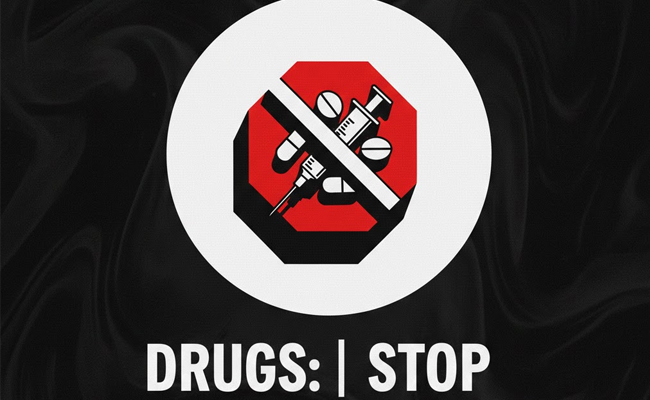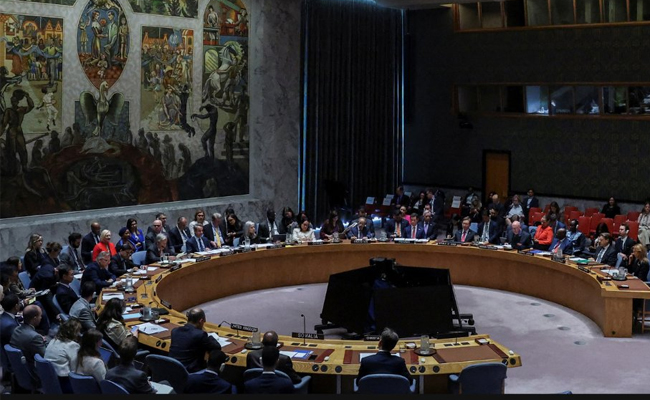Singapore: Huawei is not a military company despite its founder Ren Zhengfei's previous career in the army, China's Defence Minister General Wei Fenghe said Sunday, amid growing US-China tensions over trade and technology in which the Chinese telecom giant has been a main target.
The US placed Huawei on an "entity list" on grounds of national security on May 16, a move that curbs its access to US-made components it needs for its equipment. The Department of Commerce alleged that Huawei was engaged in activities that are contrary to US national security or foreign policy interest.
The Trump administration later issued a 90-day reprieve on its ban on dealing with Huawei, saying breathing space was needed to allow for software updates and other contractual obligations.
"Huawei is not a military company. Do not think that because the head of Huawei used to serve in the military, then the company that he built is part of the military," General Wei said while speaking at the Shangri-La Dialogue in Singapore.
"It doesn't make sense because these sorts of ex-servicemen, upon their retirement, a lot of them have set up companies in countries across the world," said General Wei, who is the first Chinese defence minister to attend the forum since 2011.
China's commerce ministry last week said it will release its own list of "unreliable entities". General Wei also said that the door is still open for talks with the US on the trade issue.
"On the trade friction started by the US: if the US wants to talk, we will keep the door open. If they want to fight, we are ready," he said.
The US and China are locked in a bitter, year-long trade dispute which has seen the Trump administration recently boost tariffs on USD 250 billion of Chinese goods.
Trump is demanding China to reduce the massive trade deficit which last year climbed to over USD 539 billion. He is also pressing for verifiable measures for protection of intellectual property rights (IPR), technology transfer and more access to American goods to Chinese markets.
Let the Truth be known. If you read VB and like VB, please be a VB Supporter and Help us deliver the Truth to one and all.
Bengaluru: Madanayakanahalli police have arrested two persons in connection with house theft cases and recovered 711 grams of gold ornaments and Rs 19.5 lakh in cash from their possession.
According to Deccan Herald, investigation revealed the suspects broke into a house in Anchepalya village in August and stole valuables.
During the investigation, police first arrested one of the suspects. Based on information obtained during his interrogation, the second accused was later arrested at Male Mahadeshwara Hills in Chamarajanagar district.
ALSO READ: Ramesh flays BJP MPs' praise of Modi, compares Parliament to North Korea's Assembly
Further interrogation revealed the suspect was a habitual offender involved in about 30 to 32 theft cases, including house break-ins, attempted robbery, and vehicle thefts. He said the stolen valuables were pledged at various jewellery stores, while some were given to acquaintances and relatives.
Police later traced and recovered the valuables.
With the arrests, police have detected 13 theft cases under the Madanayakanahalli police station limits and two cases registered at the Nelamangala Town police station. Further investigation is underway.




